Custom Range Operators
Swift 4.1, Xcode 9.3
I am looking to make two custom range operators: <.., <.<
1. <..
- This operator will be sort of the inverse of the
..<range operator.
My Attempt:
infix operator <.. : RangeFormationPrecedence
public func <.. (lhs: Int, rhs: Int) -> Range {
return lhs - 1 ... rhs
}
Errors:
Note: I also get about an additional 22 compile time errors surrounding the actual declaration of the custom operator (<..) itself.
Ideal Usage:
for i in 1<..9 {
print(i, terminator: " ")
}
// Prints "0 1 2 3 4 5 6 7 8 9"
2. <.<
- I want to make sort of a combination of my previous custom range operator.
<..and..<
My Attempt:
infix operator <.< : RangeFormationPrecedence
public func <.< (lhs: Int, rhs: Int) -> Range {
return lhs - 1 ..< rhs
}
Errors:
Note: I also get about an additional 22 compile time errors surrounding the actual declaration of the custom operator (<.<) itself.
Ideal Usage:
for i in 1<.<10 {
print(i, terminator: " ")
}
// Prints "0 1 2 3 4 5 6 7 8 9"
How can I accomplish this?
Also, what type of Range should I be returning?
Lastly, are there any preconditions that need to be added to the custom range operators themselves to ensure safety?
Update
I decided to create two operators (1x postfix, 1x infix) to accomplish one of these goals:
postfix operator <
public postfix func < <T: Numeric>(n: T) -> T { return n - 1 }
infix operator .< : RangeFormationPrecedence
public func .< <T: Numeric>(lhs: T, rhs: T) -> CountableRange<T> {
return lhs ..< rhs
}
Then I can do:
for i in 1<.<10 {
print(I, terminator: " ")
}
//Prints "0 1 2 3 4 5 6 7 8 9"
Caveat: I cannot have a space between the numbers and the operators (i.e. 1 <.< 10)

